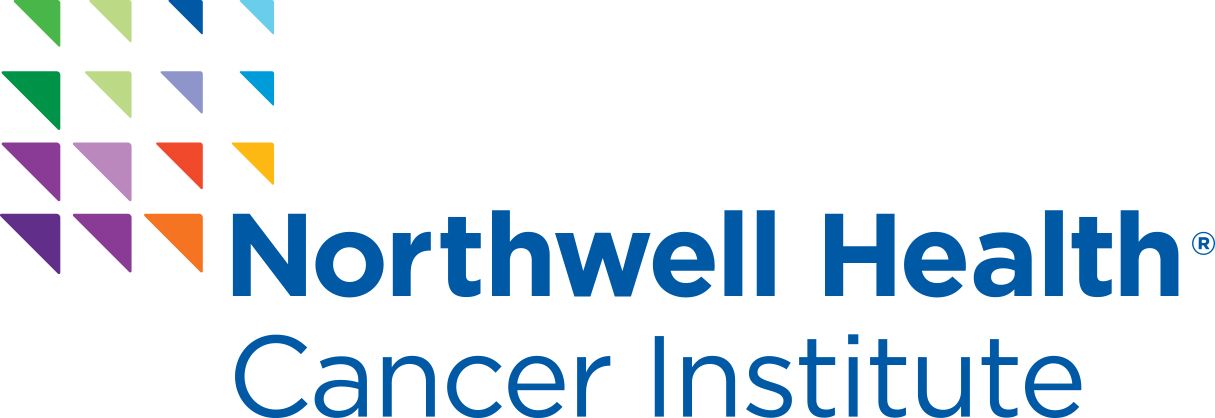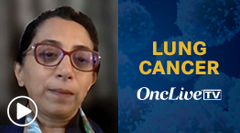
Dr Lee on the Surgical Implications of Molecular Testing in NSCLC

Paul Chinfai Lee, MD, discusses the role of surgeons in regard to molecular testing in non–small cell lung cancer.
x
“Ultimately, it's those [driver] mutations that help oncologists to [determine] the best treatment options for their patients.”
Paul Chinfai Lee, MD, system director, Thoracic Surgery, Northwell Health, discusses the effect of molecular testing and targeted therapy on surgical treatment plans for patients with non–small cell lung cancer (NSCLC) .
To understand how targeted therapy influences surgical planning for patients with NSCLC, 2 distinct patient groups must be considered, Lee begins. The first group includes patients with resectable disease, particularly those with stage II or III disease. The second group involves patients with advanced-stage cancer who may not be candidates to undergo surgery but do require a tissue biopsy to guide treatment decision-making, he reports.
For patients with early-stage NSCLC, molecular profiling is crucial, Lee continues. Reflex testing is routinely performed to identify mutations, especially for patients with stage II and III disease. Based on mutation status, neoadjuvant therapy, which could include chemotherapy, targeted therapy, or immunotherapy, may be used to downstage tumors before surgical resection, he explains, adding that the detection of molecular drivers also influences treatment decisions in the adjuvant setting. For patients with advanced NSCLC, referrals to medical oncologists are standard practice, Lee says. He explains that in these cases, all available tissue from the biopsy specimen is submitted for molecular testing to identify actionable mutations, which oncologists also use to tailor treatment in the frontline setting for advanced disease.
Notably, a subset of these patients—such as Asian women with adenocarcinoma—often present with actionable EGFR mutations. For these patients who have resectable disease, they could be candidates for targeted postoperative therapy, he emphasizes.
In patients with advanced NSCLC where surgery isn’t feasible due to metastasized lymph nodes, the focus shifts to tissue sampling rather than resection, Lee continues. Here, obtaining adequate tissue through biopsies is critical for oncologists to determine the best therapeutic approach based on molecular profiling, he notes. Advanced techniques ensure sufficient tissue samples are collected, allowing oncologists to identify driver mutations and guide targeted treatment decisions, enhancing personalized care options for patients with NSCLC, Lee concludes.








































